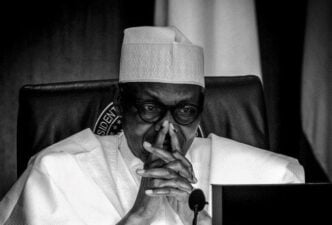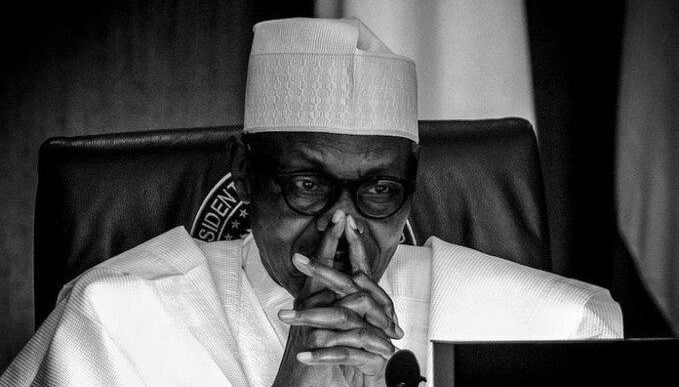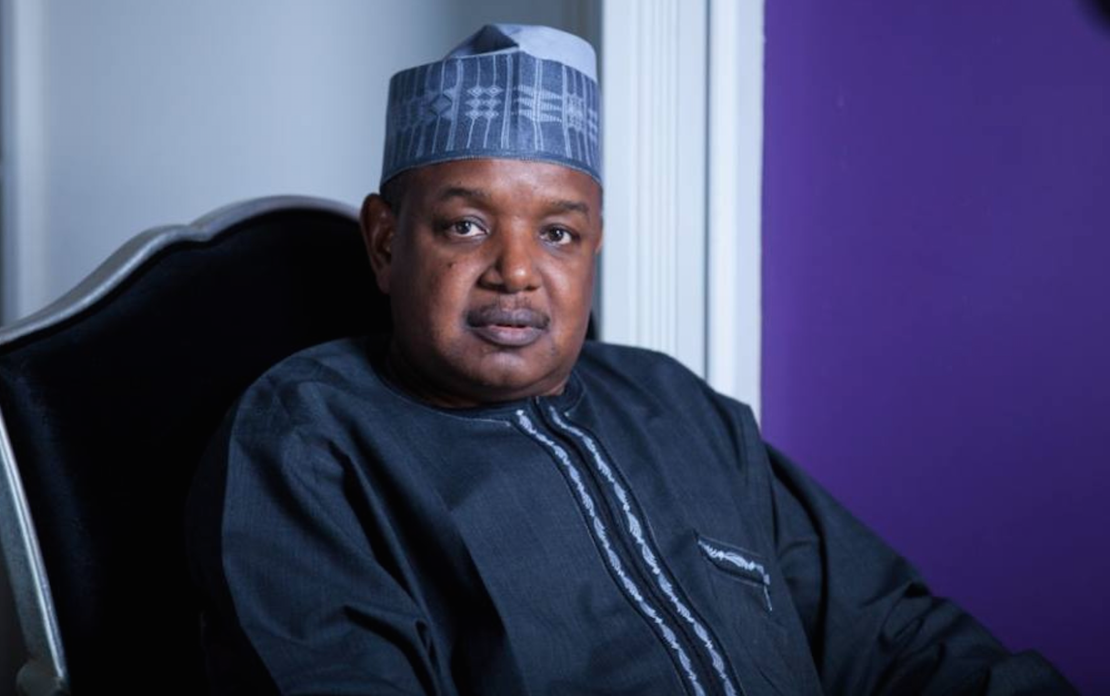BY AHMAD SHUAIBU ISA
As someone who values academic excellence and holds deep respect for elder statesmen such as Professor Ibrahim Gambari, I commend his candour in speaking publicly about the internal dynamics of the Muhammadu Buhari administration. His reflections provide important insights into the dysfunctions that characterised a government many had hoped would deliver reform, but which ultimately reinforced long-standing patterns of institutional failure.
Professor Gambari’s admission that senior officials routinely bypassed him, despite the president’s explicit directive that all communications be routed through the chief of staff, reveals a troubling culture of informality, disorder, and favouritism within the presidency. When directives from the highest office are disregarded with impunity, governance is no longer guided by policy or institutional procedure, but rather by personal proximity, informal networks, and manipulation.
However, beyond administrative lapses, the Buhari government committed a series of strategic errors that caused long-term damage to Nigeria’s social fabric, economy, and educational institutions.
Advertisement
One of the most distressing legacies of that era was the administration’s consistent disregard for the welfare of Nigerian academics, particularly those represented by the Academic Staff Union of Universities (ASUU). University lecturers—who form the intellectual backbone of national development—were neglected, underpaid, and repeatedly compelled to embark on industrial action to secure what ought to be basic entitlements: fair remuneration, research support, and adherence to previously signed agreements.
Rather than engage constructively with ASUU, the government imposed the Integrated Payroll and Personnel Information System (IPPIS)—a uniform platform ill-suited to the specific nature of academic work. This policy not only introduced inconsistencies and delays in salary payments but also undermined university autonomy, a cornerstone of any credible higher education system.
The result was widespread frustration among scholars, prolonged academic disruption, reduced research output, and an increase in the emigration of academic talent. While public universities suffered neglect, political elites—many of whom have little personal investment in the domestic education system—continued to enjoy privileges, including access to private healthcare and foreign education for their children. This stark inequality illustrates a deeper structural injustice: those who serve the nation are consistently undervalued, while those who benefit from the system without contributing meaningfully continue to prosper.
Advertisement
In addition, the Buhari administration was marked by a pronounced tendency towards nepotism. Key appointments were often concentrated among individuals from specific ethnic and religious backgrounds, a practice that undermined national unity and fuelled ethnic mistrust. This preference for loyalty over merit weakened institutional effectiveness and further eroded public confidence in federal leadership.
The administration’s human rights record was equally disconcerting. Peaceful Muslims of the Islamic movement in Nigeria, most of whom are Shi’a Muslims, were subjected to repeated state violence and repression. The continued detention of Sheikh Ibraheem Zakzaky and his wife—despite multiple court rulings ordering their release—stands as a particularly egregious example of the executive’s disregard for judicial independence and due process. This pattern of ignoring court orders extended beyond the movement’s case, reflecting a broader erosion of democratic principles and the rule of law.
Similarly alarming was the case of Abubakar Idris, widely known as Dadiyata, a university lecturer and outspoken government critic, who was forcibly taken from his home in Kaduna in August 2019 and has not been seen since. Despite widespread public concern and repeated calls for investigation, there has been no credible response or transparency from the authorities. Dadiyata’s disappearance represents one of the darkest stains on the Buhari administration’s record, highlighting the climate of fear that enveloped civil society, academia, and journalism during that period. Such enforced disappearances are not merely violations of individual rights; they are a threat to the very foundation of democratic life and freedom of expression.
Perhaps most damning, however, was the administration’s abject failure in the area of national security. Despite President Buhari’s military background and numerous assurances to restore peace, Nigeria experienced a marked deterioration in safety and stability. The proliferation of armed groups, commonly referred to as “bandits”, resulted in mass displacement, frequent abductions, rural violence, and the collapse of economic activity in several regions. Entire communities were uprooted, schools were shut down, and livelihoods were destroyed, often without any coherent or sustained response from the federal government. What Nigerians witnessed was not a crisis of capacity alone, but one of will and coordination.
Advertisement
Taken together, these failures paint a sobering portrait of an administration that promised discipline, integrity, and reform but delivered division, repression, and institutional decay. Yet, it is essential to recognise that these shortcomings were not solely the result of one individual’s leadership style—they reflect the structural rot that underpins Nigeria’s political order. The system, as it currently exists, incentivises mediocrity, rewards personal loyalty over competence, and prioritises survival over service.
With the utmost respect to Professor Gambari and others who have served at the highest levels of government, I contend that Nigeria does not merely require new faces in leadership—it requires a transformation of the political system itself. A functional republic demands leadership that is transparent, merit-based, just, and genuinely accountable to the people. We must aspire to a country where scholars and civil servants are treated with dignity; where the judiciary is obeyed, not undermined; and where public institutions serve all citizens regardless of ethnicity, religion, or social status.
In conclusion, the lessons of the Buhari administration must be neither ignored nor romanticised. They should compel a national reckoning and a reimagining of governance in Nigeria. We owe it to ourselves—and future generations—to build a republic founded on justice, equity, and principled leadership.
Ahmad Shuaibu Isa can be contacted via [email protected]
Advertisement
Views expressed by contributors are strictly personal and not of TheCable.










